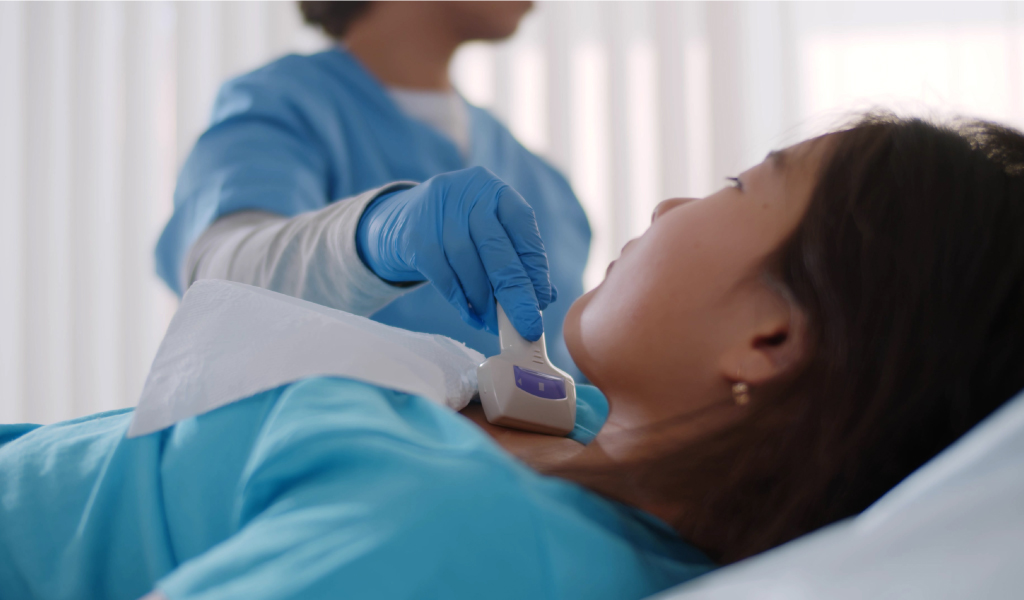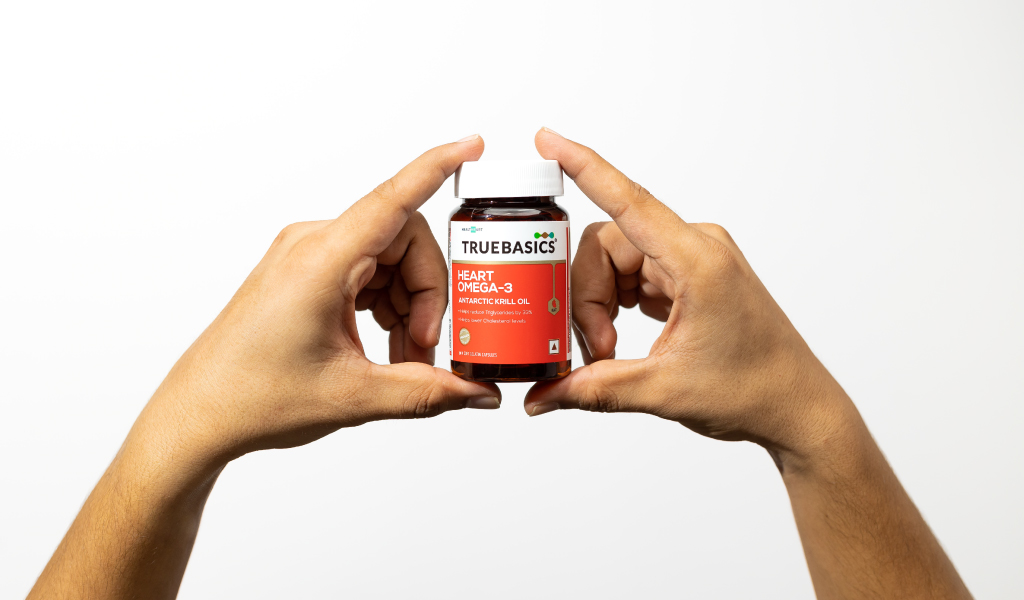With every variant and mutation, coronavirus seemingly aggravates by becoming a more potent and aggressive version of itself. At the start of 2020 when the country got introduced to this extremely communicable virus, little did we know that COVID not only affects the lungs and the respiratory system, but also the heart. Unluckily, heart problems are one of the most prominent results of COVID. These heart issues give rise to unforeseen causes of heart palpitations.
The reasons why heart problems have become so prominent since COVID are more direct than we thought they would be. Here’s a little rundown.
Heart palpitations causes
When it comes to the heart, below are some of the most important reasons for heart palpitations that you should keep an eye out for.
Lack of oxygen
When you get infected by coronavirus, the inflammation and fluid build up in the lungs (air sacs to be precise) reduces the amount of oxygen that reaches your bloodstream. This phenomenon in turn, makes the heart work harder to pump blood in the body. To put it simply, it’s pretty much like giving your heart performance pressure. Overwork and continued pressure can cause heart failure as well.

Myocarditis or heart inflammation
While fluid build up can indirectly put the heart in pressure, studies have shown that COVID can also directly affect the heart’s muscles and tissues. Viral infections and some strains of the flu can affect the inner surfaces of veins and arteries. This again causes inflammation on the walls of the nerves. It also makes them more prone to blood clotting.
Symptoms of myocarditis include heart palpitations, shortness of breath (while resting or physical activity), chest pain and fatigue.
Did you know?
High intensity coronavirus can also affect the endothelial cells, which form the lining of the blood vessels.
Cardiomyopathy or heart muscle disorder
Apart from general discomfort and breathlessness, one of the most severe comorbidities that come with the territory of COVID has to be cardiomyopathy. When the body undergoes severe stress, it releases a surge of chemicals called catecholamines. These chemicals can stun the heart, causing heart attack. Cardiomyopathy is a stress-induced heart condition that can either be hereditary or acquired. It makes it hard for the heart to deliver blood to the body.
Symptoms of cardiomyopathy include breathlessness, and swollen legs & feet.

Cytokine storm
The most serious complication that can arise as a result of COVID is cytokine storm. To simplify the medical explanation behind it – when the body is responding to an infection such as COVID, the body’s immune system releases a stream of proteins called cytokines. These are the proteins that help cells communicate better with each other and fight foreign objects. Although a normal defense event, some people’s bodies exaggerate it due to genetic difference. This exaggeration causes inflammation that can overwhelm internal organs such as the heart, kidneys and liver.
The heart damage caused by cytokine storm can also be one of the contributing reasons of heart palpitations after COVID.
Ways to keep your heart healthy during post COVID syndrome
Experiencing heart palpitations and their symptoms can be daunting. They are, however, the most common after-effects of COVID. Dehydration and fever are some of the causes of heart palpitations, which coincide with the aftermath of COVID and our body’s way of reacting to it. Some symptoms of heart palpitations include:
- Feeling lightheaded or dizzy often
- Chest pain/discomfort
- Pain in your left hand
- Numbing of fingertips
Apart from eating well and controlling your vices, it’s always good to have expert-recommended solutions that you can rely on. TrueBasics Heart Omega-3 is one such solution. It is a nutritional supplement that is made from Superba Antarctic Krill Oil, proven to reduce your cholesterol and reduce triglyceride levels by 33%, with 26 weeks of continuous usage. It’s a promising add on to your nutritional diet, backed by science.















